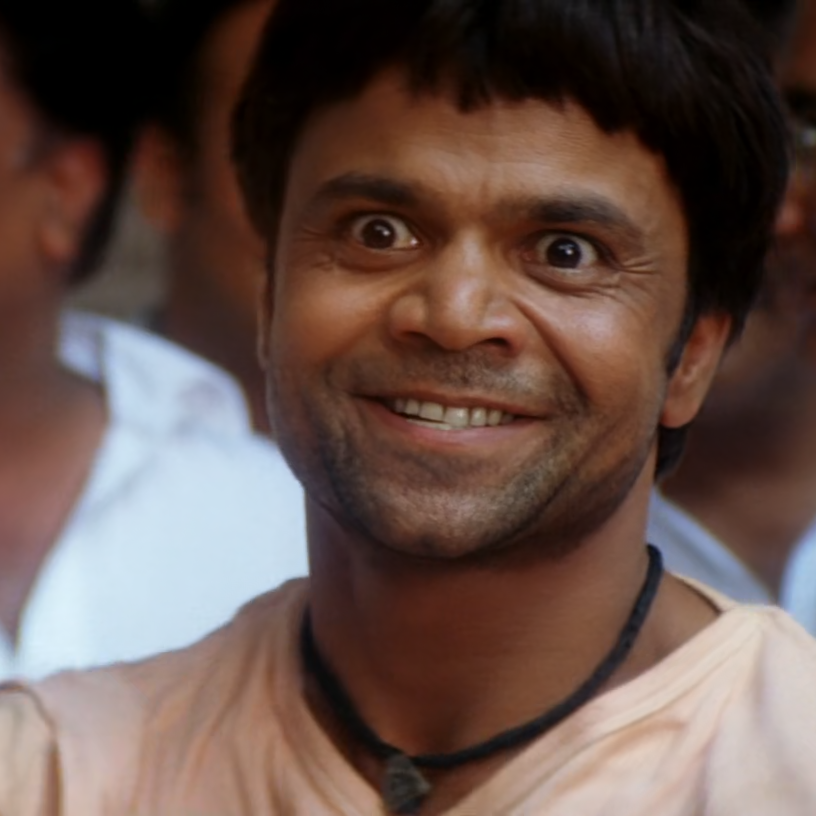The Dark Side of Internet Memes: When Digital Humor Becomes Harmful
In an age where a simple image with witty text can reach millions within hours, memes have become our cultural shorthand. While they often bring laughter and connection, there's a growing concern about when this digital humor crosses ethical boundaries. Let's dive into the complex world of meme culture and examine its darker implications.
The Evolution of Meme Culture
What started with simple cat pictures and "Impact" font has evolved into a sophisticated form of communication. Memes now shape political discourse, influence public opinion, and even affect stock markets. In 2021, we witnessed how meme-driven communities on Reddit dramatically influenced GameStop's stock prices, demonstrating their real-world impact.
When Humor Turns Harmful
The line between harmless fun and harmful content often blurs in meme culture:
-
Cyberbullying through memes has become increasingly common, with individuals finding their photos turned into viral jokes without consent. The "Star Wars Kid" video from the early 2000s remains a sobering reminder of how viral content can affect mental health – the teenager involved eventually needed psychiatric care.
-
Political memes often spread misinformation under the guise of humor. During recent elections, manipulated images and false narratives disguised as memes influenced voter opinions and spread faster than fact-checkers could respond.
-
Hate groups have co-opted innocent memes like Pepe the Frog, transforming them into symbols of discrimination. The original creator, Matt Furie, fought legally to reclaim his creation from extremist groups.
The Psychology Behind Viral Spread
Research shows that emotionally charged content spreads faster online. A study by MIT found that false information spreads six times faster than truth on social media, particularly when packaged as memorable memes. The dopamine hit from sharing and receiving likes creates a cycle that can override ethical considerations.
Real-World Consequences
The impact of toxic meme culture extends beyond the digital realm:
-
Several teenagers faced criminal charges after recreating dangerous pranks from viral memes, including the "Skull Breaker Challenge" that resulted in serious injuries.
-
Companies have faced significant backlash from tone-deaf meme marketing, leading to damaged reputations and lost revenue. Remember Pepsi's infamous protest meme advertisement?
-
Celebrity mental health has suffered, with many speaking out against meme-based harassment. One notable example is Star Wars actress Kelly Marie Tran, who left social media due to meme-driven bullying.
The Role of Social Media Platforms
Major platforms have struggled to balance free expression with responsible content moderation:
- Facebook's AI systems often fail to detect harmful memes due to their contextual nature
- Reddit has banned numerous subreddits dedicated to controversial memes
- Twitter implemented new sharing restrictions to slow the spread of misleading meme content
Creating a Healthier Meme Culture
As digital citizens, we can promote more responsible meme sharing:
-
Consider the human impact before sharing potentially harmful content. Would you want this meme made about you or your loved ones?
-
Verify sources and context before sharing political or news-related memes. Misinformation packaged as humor is still misinformation.
-
Support original content creators and respect intellectual property rights. Many meme accounts profit from stolen content.
Looking Forward
The future of meme culture doesn't have to be dark. Educational initiatives like Media Literacy Now are teaching students to think critically about the content they consume and share. Companies are developing better AI tools to detect harmful memes while preserving harmless humor.
Conclusion
Memes will remain an integral part of online culture, but their impact demands more responsibility from creators and sharers alike. By understanding the potential consequences of viral content and promoting ethical sharing practices, we can preserve the joy of memes while minimizing their capacity for harm.
Remember: Behind every viral moment is a real person, and behind every share is a choice that affects our digital ecosystem. Let's make those choices count.
